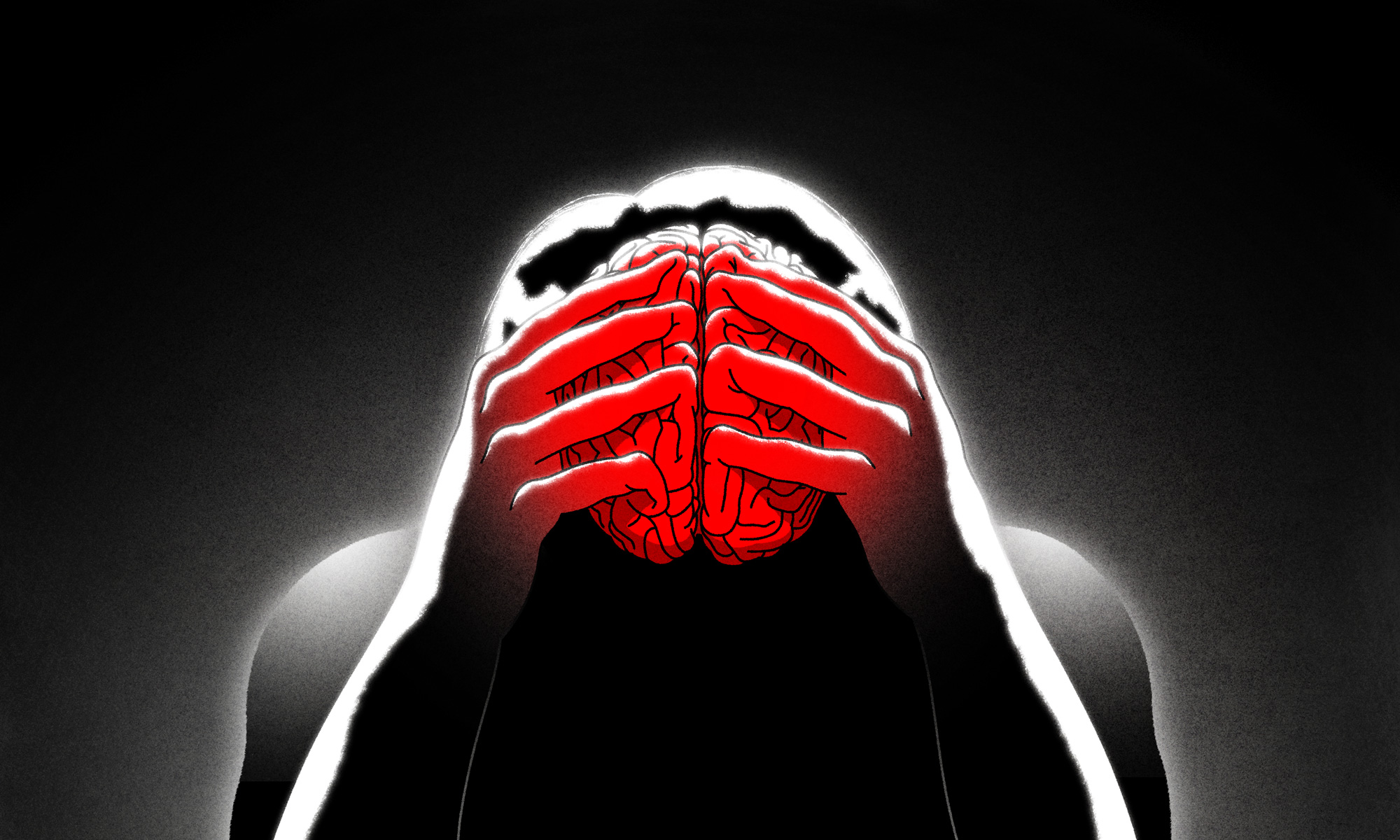Introduction:
Despair is a complicated and multifaceted mental fitness situation that impacts thousands and thousands of people international. It goes beyond the occasional emotions of unhappiness or low strength that everybody reports on occasion. Depression can significantly impact one’s ability to function, affecting daily life, work, and relationships. In this article, we will delve into the various aspects of depression, including its causes, symptoms, and available treatments.

I. What is Depression?
Melancholy is a mood sickness characterized via chronic feelings of sadness, hopelessness, and a loss of interest in sports. It can manifest both physically and emotionally, affecting thoughts, behaviors, and overall well-being. While everyone may feel down occasionally, depression involves long-term and pervasive symptoms that can interfere with daily life.
II. Causes of Depression:
- Biological Factors: Depression has been linked to imbalances in neurotransmitters, the brain’s chemical messengers. Genetics may also play a role, as individuals with a family history of depression may be more susceptible.
- Psychological Factors: Stressful life events, trauma, or chronic stress can contribute to the development of depression. Certain personality traits, such as low self-esteem or a pessimistic outlook, may also increase the risk.
- Environmental Factors: Living in a challenging environment, lacking a strong support system, or facing socioeconomic hardships can contribute to the onset of depression.
III. Symptoms of Depression:
Spotting the signs of despair is vital for early intervention.
- Persistent unhappiness: Feeling down most of the day, nearly every day.
- Loss of hobby: Losing interest or pride in sports as soon as loved.
- Changes in Appetite or Weight: Significant weight loss or gain without intentional dieting.
- Sleep Disturbances: Insomnia or excessive sleeping.
- Fatigue: Feeling consistently tired and lacking energy.
- Difficulty Concentrating: Problems with focus, memory, or decision-making.
- Feelings of Worthlessness or Guilt: An overwhelming sense of self-blame or inadequacy.
- Physical Aches and Pains: Unexplained physical symptoms, such as headaches or digestive issues.

IV. Seeking Help:
Overcoming depression often requires professional assistance. Various therapeutic approaches, including psychotherapy and medication, can be effective in managing symptoms. Additionally, lifestyle changes, such as regular exercise, a healthy diet, and sufficient sleep, can contribute to overall well-being.
- Therapy: Cognitive-behavioral therapy (CBT), psychoanalytic therapy, and interpersonal therapy are among the therapeutic approaches used to address the underlying causes of depression and develop coping strategies.
- Medicine: Antidepressant medicinal drugs, such as selective serotonin reuptake inhibitors (SSRIs) and serotonin-norepinephrine reuptake inhibitors (SNRIs), can assist rebalance neurotransmitters in the brain.
- Lifestyle Changes: Engaging in regular physical activity, maintaining a balanced diet, and ensuring adequate sleep are crucial components of managing depression. These lifestyle changes can positively impact both physical and mental well-being.
V. Breaking the Stigma:
Despite the prevalence of depression, stigma and misconceptions persist, preventing some individuals from seeking help. It is essential to foster open conversations about mental health, emphasizing that seeking assistance is a sign of strength, not weakness.
Conclusion:
Depression is a complex and challenging condition that requires understanding, compassion, and professional support. By recognizing the signs, seeking help, and implementing positive lifestyle changes, individuals can overcome the grip of depression and move towards a path of healing and recovery. It’s crucial for society as a whole to promote mental health awareness, erode stigma, and create an environment where those struggling with depression feel comfortable seeking the help they need.

